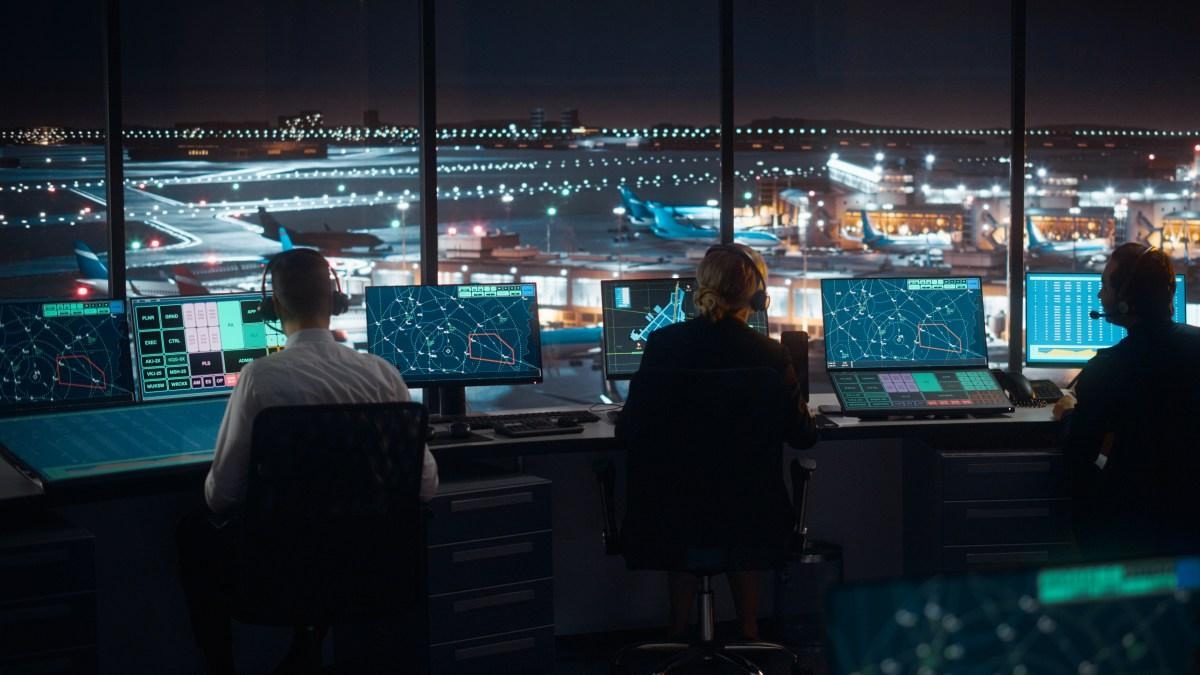AeroGenie — Ваш интеллектуальный второй пилот.
В тренде
Categories
AI Technology Enhances Safety in Aviation

AI Technology Enhances Safety in Aviation
Onsinee Prawanna is leading a transformative shift in aviation safety through the development of advanced artificial intelligence (AI) solutions that are setting new global standards and saving lives. Recognized internationally as an expert in aviation safety, Prawanna’s innovative work is significantly improving the safety and efficiency of air travel, with broad implications for the global aviation industry.
A Career Marked by Technological Innovation
Prawanna’s professional journey reflects a deep commitment to leveraging technology for impactful change. She graduated with first-class honors in Computer Science from Thammasat University and expanded her expertise with certifications in machine learning from Stanford University, as well as in startup fundraising. Her passion for aviation has driven her to hold key positions within various aviation companies, complemented by multiple industry certifications.
Over the past eight years, Prawanna has led groundbreaking safety initiatives worldwide. Since joining Kuwait Airways in January 2023, she has spearheaded the AI-SafeFlight Initiative, which enhanced safety response by 14% for 50,000 passengers and generated over $25 million in additional revenue through improved operational efficiency. Additionally, her Turbulence Mitigation System has reduced passenger injuries by 20% among 60,000 travelers, resulting in $30 million in cost savings for the airline.
Advancing Predictive Safety Through AI
Currently, Prawanna is at the helm of an ambitious AI project focused on predictive maintenance and real-time risk detection, with significant applications across the United States and Asia. Drawing inspiration from Airbus’s Autonomous Taxi, Take-Off, and Landing (ATTOL) project, her platform employs sophisticated AI algorithms to continuously monitor aircraft systems and anticipate potential failures before they escalate into critical issues.
The system integrates real-time data from aircraft sensors, flight data recorders, and regional weather conditions at major aviation hubs including Los Angeles, Singapore, and Tokyo. By detecting early warning signs such as engine anomalies or structural weaknesses, the platform facilitates proactive interventions and mitigates human error—a factor implicated in over 70% of aviation incidents, according to the International Air Transport Association (IATA).
Preliminary findings suggest the platform could reduce maintenance-related incidents by approximately 10%, delivering substantial cost savings to airlines and enhancing safety for millions of passengers, particularly on trans-Pacific routes. Its flexible design allows it to serve a diverse range of operators, from commercial airlines and cargo carriers to emerging autonomous aerial vehicles. This positions the technology as a foundational element for future safety advancements in regions where air travel demand is projected to double by 2037.
Industry Challenges and Response
Despite its potential, the integration of AI into existing aviation systems presents significant challenges. Ensuring the reliability of AI-driven safety measures and achieving compliance with stringent regulatory standards remain critical obstacles. In response, the aviation industry is increasing investments in AI safety technologies and fostering collaborative partnerships among technology developers, operators, and regulators. Competitors are also developing proprietary AI systems and working closely with technology providers to strengthen their safety protocols.
Prawanna’s AI platform aligns with safety priorities in both the U.S. and Asia while also contributing to sustainability goals by optimizing maintenance schedules, reducing unscheduled repairs, and lowering fuel consumption and emissions. As the aviation sector continues to embrace these innovations, AI is poised to play a central role in shaping the future landscape of global air travel safety.

Emirates Unveils Cabin Design for New Boeing 777X

Eighteen Years On, the Airbus A380 Remains Central to a $34 Billion Airline

How a boom in luxury airline seats is slowing down jet deliveries

Navitaire Outage Attributed to Planned Maintenance

DigiYatra Debuts Outside Aviation at India AI Impact Summit

Vietnam Orders Strengthen Boeing’s Commercial Outlook

Airbus Signals Uncertainty Over Future A400M Orders

JobsOhio Awards $2 Million Grant to Hartzell Propeller for Innovation Center

Collins Aerospace Tests Sidekick Autonomy Software on YFQ-42A for U.S. Air Force CCA Program

How the Airbus A350-1000 Compares to the Boeing 777
